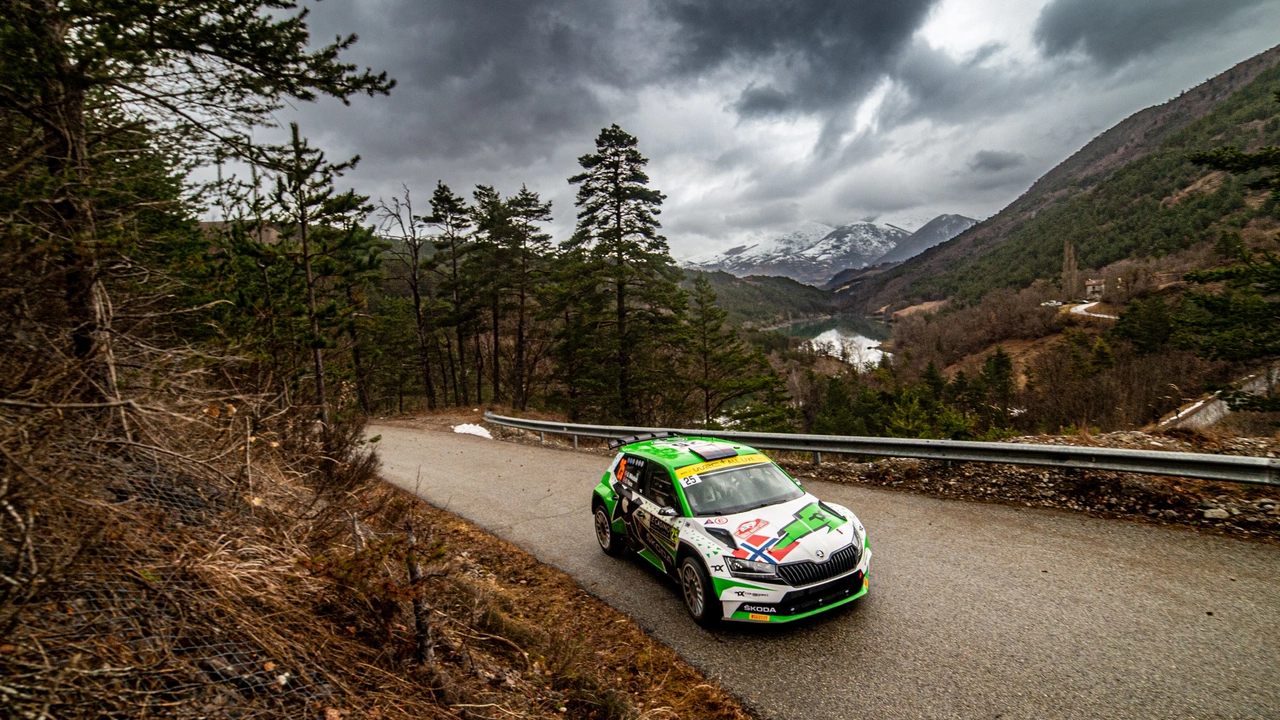Motorsport Disciplines
When you talk about motorsport disciplines, a group of competitive motor‑sport activities that range from circuit racing to off‑road rally events. Also known as motorsport categories, they bring together drivers, machines, and a set of rules that shape each competition. Motorsport disciplines encompass rally racing, touring car series, and drift contests, each demanding its own skill set.
One of the most exciting branches is rally racing, a timed competition on public or closed roads where drivers tackle mixed surfaces at high speed. Also called stage rally, it requires precise teamwork. Rally racing requires a co‑driver, a person who reads pace notes and calls out upcoming turns, making the partnership a core element of success.
Key Elements of Rally Competition
The co‑driver, the navigator seated beside the driver who delivers real‑time instructions influences driver performance by translating complex route data into simple calls like “tight left” or “jump”. This dynamic lets the driver focus on car control while staying ahead of hazards. Meanwhile, the navigator, the specialist who prepares and reads detailed pace notes provides the crucial link between the map and the road, ensuring the team can anticipate every blind crest or gravel section.
Another skill that pops up across many motorsport disciplines is drifting. In rally contexts, drifting is not just a show trick; it’s a technique that helps drivers maintain control through tight corners on loose surfaces. By deliberately oversteering, a rally driver can adjust the car’s trajectory, avoid obstacles, and keep momentum. Drifting therefore supports faster stage times and safer passage through tricky sections.
All these pieces fit together like a puzzle: rally racing needs co‑drivers, co‑drivers rely on navigators, and both benefit from drifting skills. Together they form a toolbox that lets competitors tackle any stage, whether it’s a forest track, a snowy hill, or a dusty desert. Below you’ll find articles that dive deeper into each of these aspects, from cost breakdowns of professional rally cars to the exact role of the navigator and why drifting matters on the rally stage. Ready to explore the full range of content that brings these concepts to life?

Are rally drivers better drivers than F1 drivers?
In my latest exploration, I delved into the gripping debate of whether rally drivers are better than F1 drivers. It's a tough call as both motorsports require a unique set of skills and face different challenges. Rally drivers often navigate unpredictable terrains, demanding a higher level of adaptability and quick decision-making. On the other hand, F1 drivers need precision and consistency to excel on well-defined tracks. So, while it's hard to definitively say who's better, it's clear that each driver type excels in their respective domains.